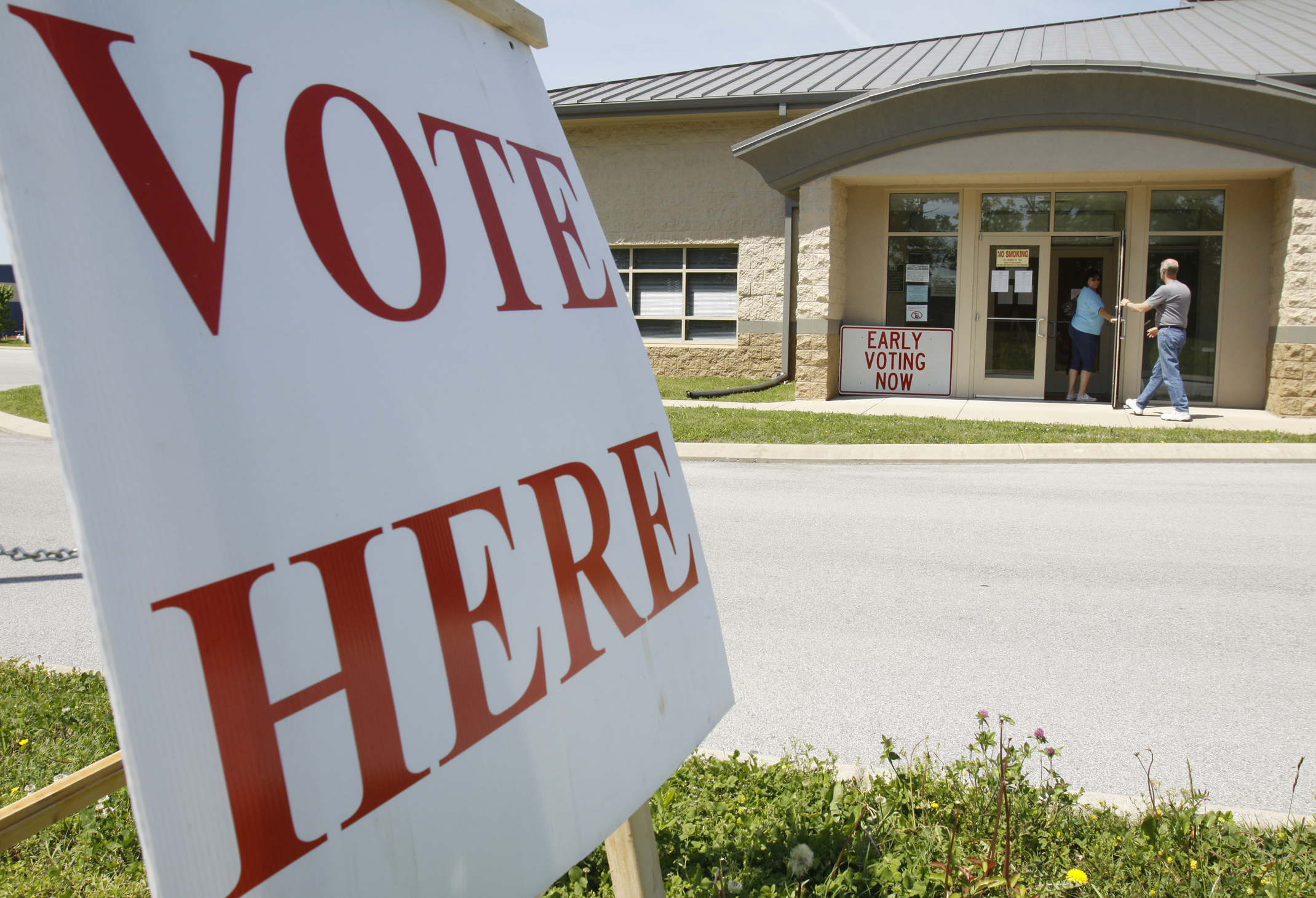NASHVILLE - Republican Gov. Bill Haslam says he expects the question of using taxpayer dollars to fund private school vouchers will be a major issue in the General Assembly come January.
But the horses already are out of the barn in several Southeast Tennessee legislative races where a full-fledged debate over vouchers is under way.
Some Republicans argue vouchers are necessary to advance school-choice initiatives already under way with public charter schools.
Democrats counter that any redirection of funding undermines support of public education, which they say is already too little.
Republican Rep. Richard Floyd, whose District 27 includes Red Bank and Signal Mountain, fully supports vouchers.
"Anything that we can do to give these kids a better shot at getting a better education we need to try," Floyd said. "It may not work. If it doesn't, we can come back and reinvent the wheel."
Frank Eaton, Floyd's Democratic opponent, has serious reservations about vouchers.
"I don't think they're in general a great idea," Eaton said. "If our public schools were properly funded, we wouldn't be faced with so many failing schools. We need to focus on making sure there's a good public school available for every child."
A Haslam-appointed task force is working to fashion a workable voucher program, but its recommendations are not expected until after the Nov. 6 election.
In 2011, the Republican-led Tennessee Senate approved a voucher bill that would have allowed low-income parents to send their children to private or religious schools in Hamilton, Knox, Davidson and Shelby counties. The bill stalled in the Republican House.
Haslam told reporters last week he hasn't decided to press forward on a voucher plan next year but said he expects someone will do so.
In House District 30, Rep. Vince Dean, R-East Ridge, said the state "should explore some ways to include some vouchers and hopefully do so without making a large impact on the school systems."
It would be "far better to have a pilot project than to go statewide with it right off the bat," said Dean. State officials could use a pilot program to evaluate vouchers' effectiveness.
His Democratic opponent, Sandy Smith, a retired Hamilton County teacher, said a voucher program is "taking more money away from public education."
"A lot of the information that's out there about our 'failing' public schools is a manufactured crisis," Smith said.
Moreover, she said, "I don't think the voucher is going to be enough" to pay for what "somebody might call a quality private school."
Fault lines on vouchers often cut along partisan lines. But a number of Republicans in rural areas are lukewarm on the issue.
In the seven-county Senate District 16 contest, which includes Marion, Sequatchie and Coffee counties, Democrat Jim Lewis, of Kimball, is staunchly anti-voucher. Vouchers and any number of education initiatives passed or proposed by the Republican-led General Assembly amount to "outright theft from public schools," he said.
"We haven't funded public schools adequately in the first place, and if your design is to destroy public schools, then you find a way to suck more money out of them," said Lewis, a former state senator.
Republican Janice Bowling, his opponent, is a former teacher who home-schooled one of her children for several years. Vouchers and other education initiatives often spring from "perfectly noble ideas and hopes," she said, but end up as "kind of knee-jerk, 'we'll do this and this to fix it,'" responses, Bowling said.
"I haven't had the opportunity [to look into vouchers] to see what the unintended consequences might be or what the benefits would be. I can see both sides."
In a candidates' forum held Thursday at Chattanooga's Mount Olivet Baptist Church, Senate District 10 Republican nominee Todd Gardenhire, of Chattanooga, described himself as a "firm believer" in vouchers that give students a choice.
He said six public schools in the 10th District are listed as "failing" because of low test scores. The district includes portions of Hamilton and Bradley counties.
"There is something wrong somewhere," he said. And it's no sense punishing the children and saying you have to keep going to a failing school."
His opponent, Democrat Andraé McGary, echoed Lewis' charge that public schools are chronically shorted for money.
"I believe if we properly funded our schools, we wouldn't have the voucher question," McGary said. "I think we're 47th in the nation in education, in funding per capita per student."
At the same forum, the 28th House District candidates, Rep. JoAnne Favors, D-Chattanooga, and Republican Johnny Horne, fielded a question on public charter schools but weren't asked about vouchers.
Efforts to reach both for this report were unsuccessful.
Smith and Eaton said poverty is often the real problem behind poor student performance. That's a challenge for teachers, Smith said. Eaton said the state should do more about addressing poverty issues.
Floyd said vouchers should be available to everyone, regardless of income. He said companies such as Volkswagen in Chattanooga and Wacker Chemical near Cleveland, Tenn., need an educated workforce.
But he said lower-income families should come first in any voucher program.
"There's a lot of great, small private schools, Christian schools, that some parents can afford," the lawmaker said.
Chris Carroll contributed to this report.
